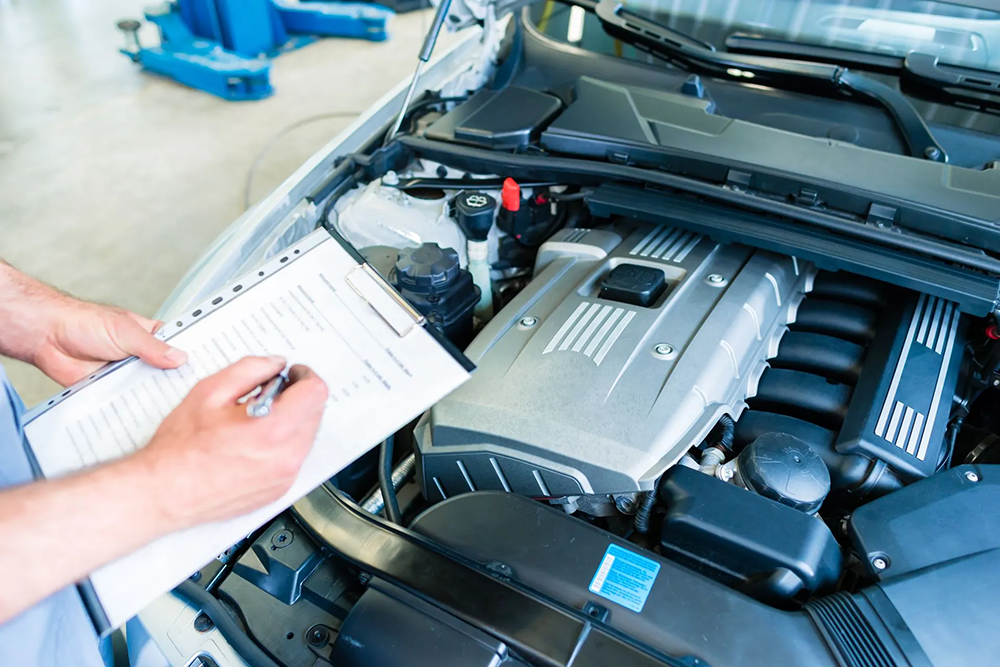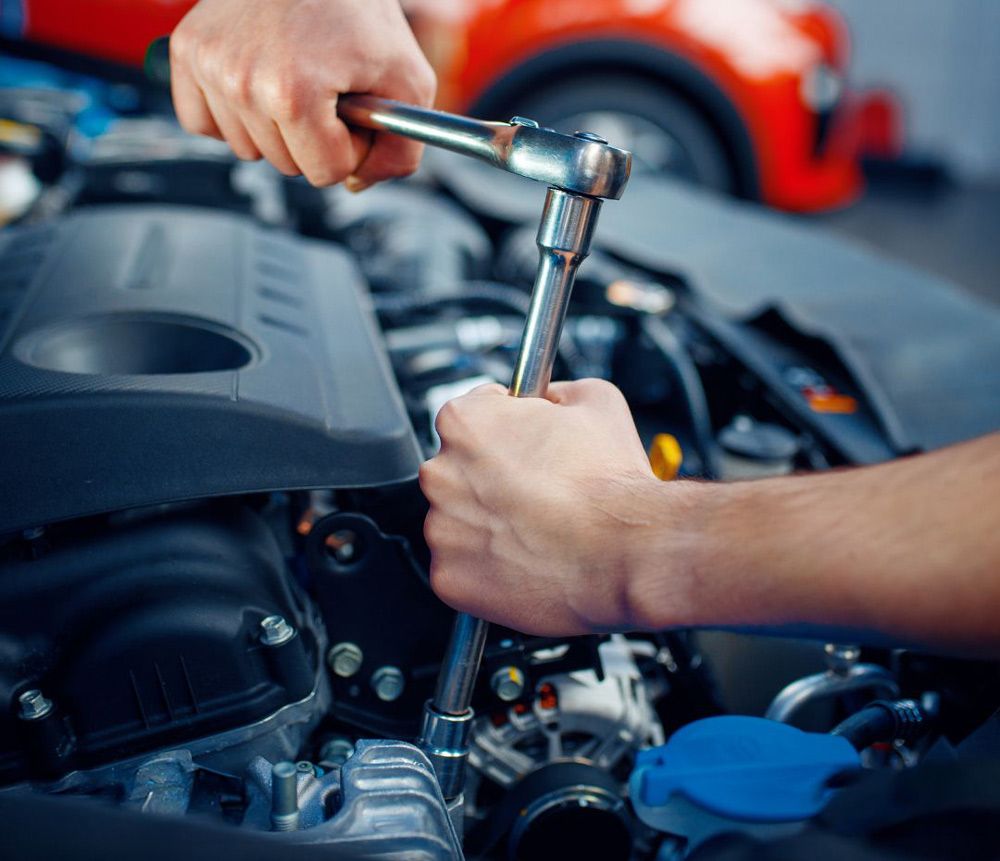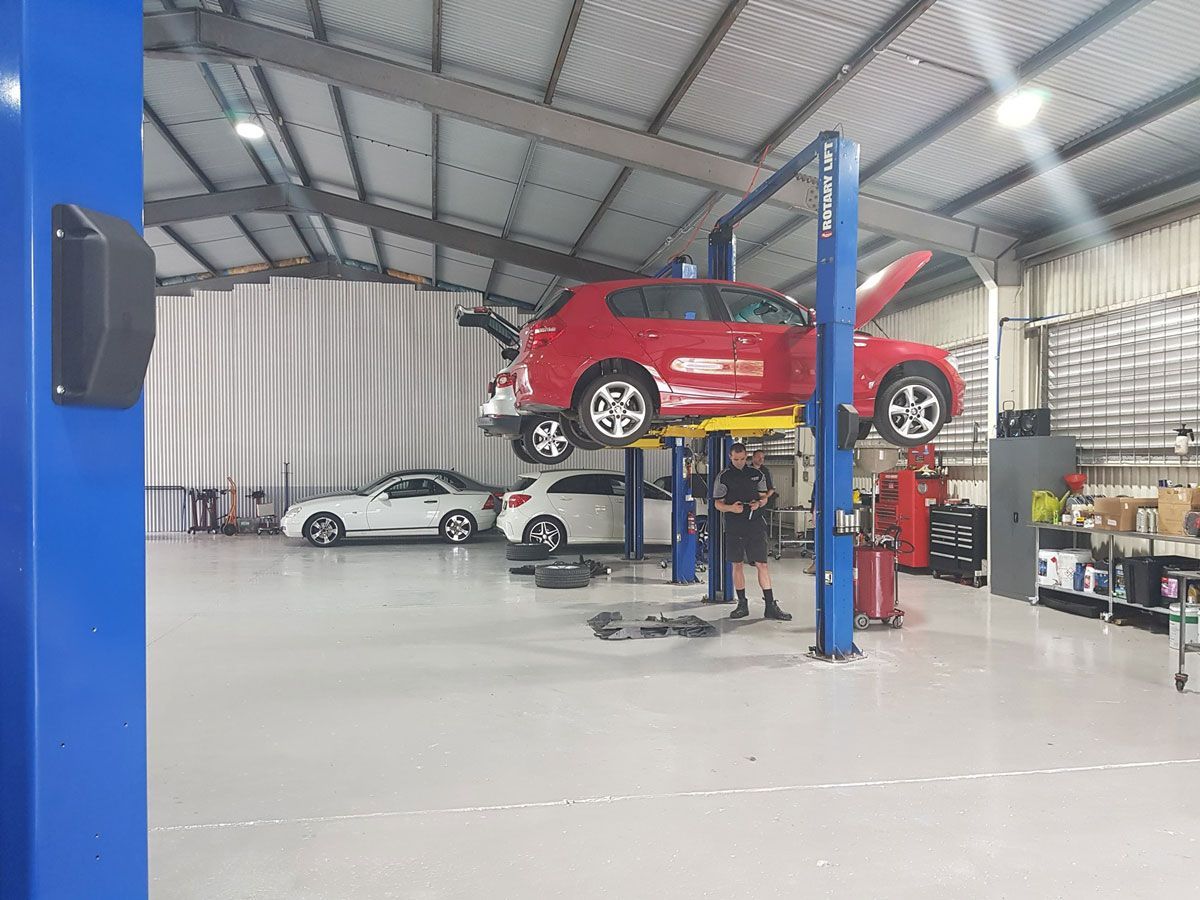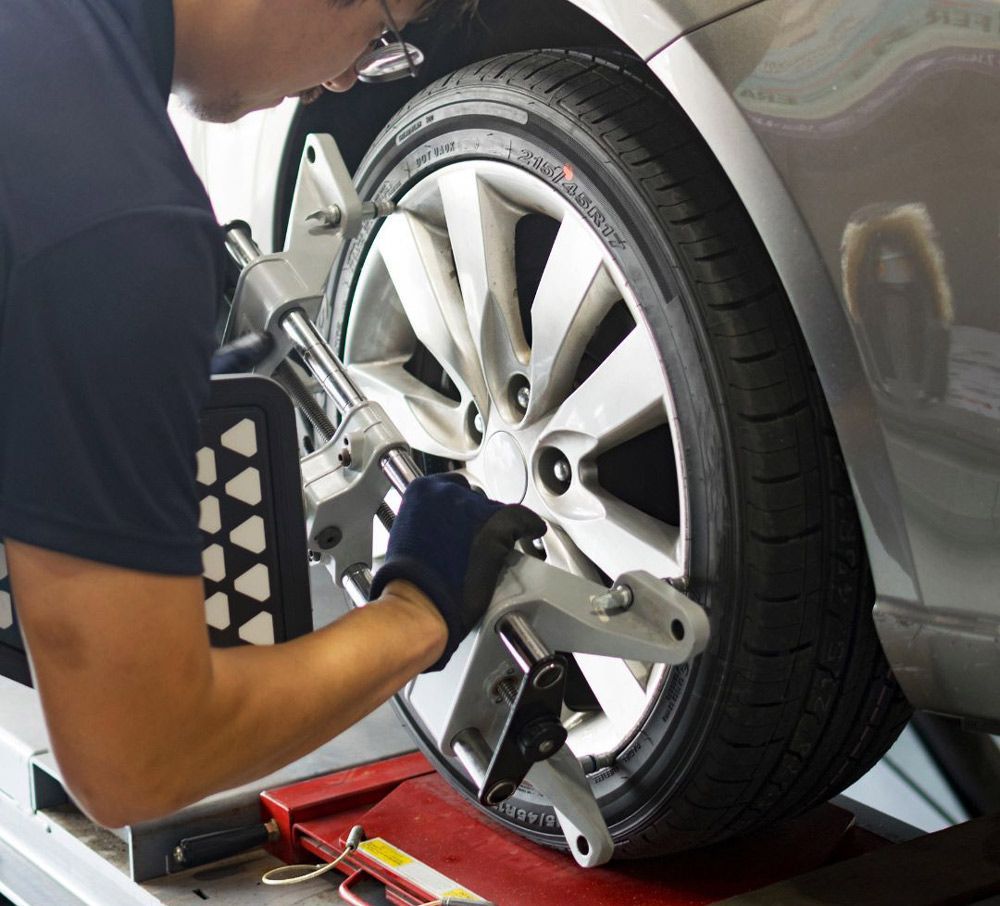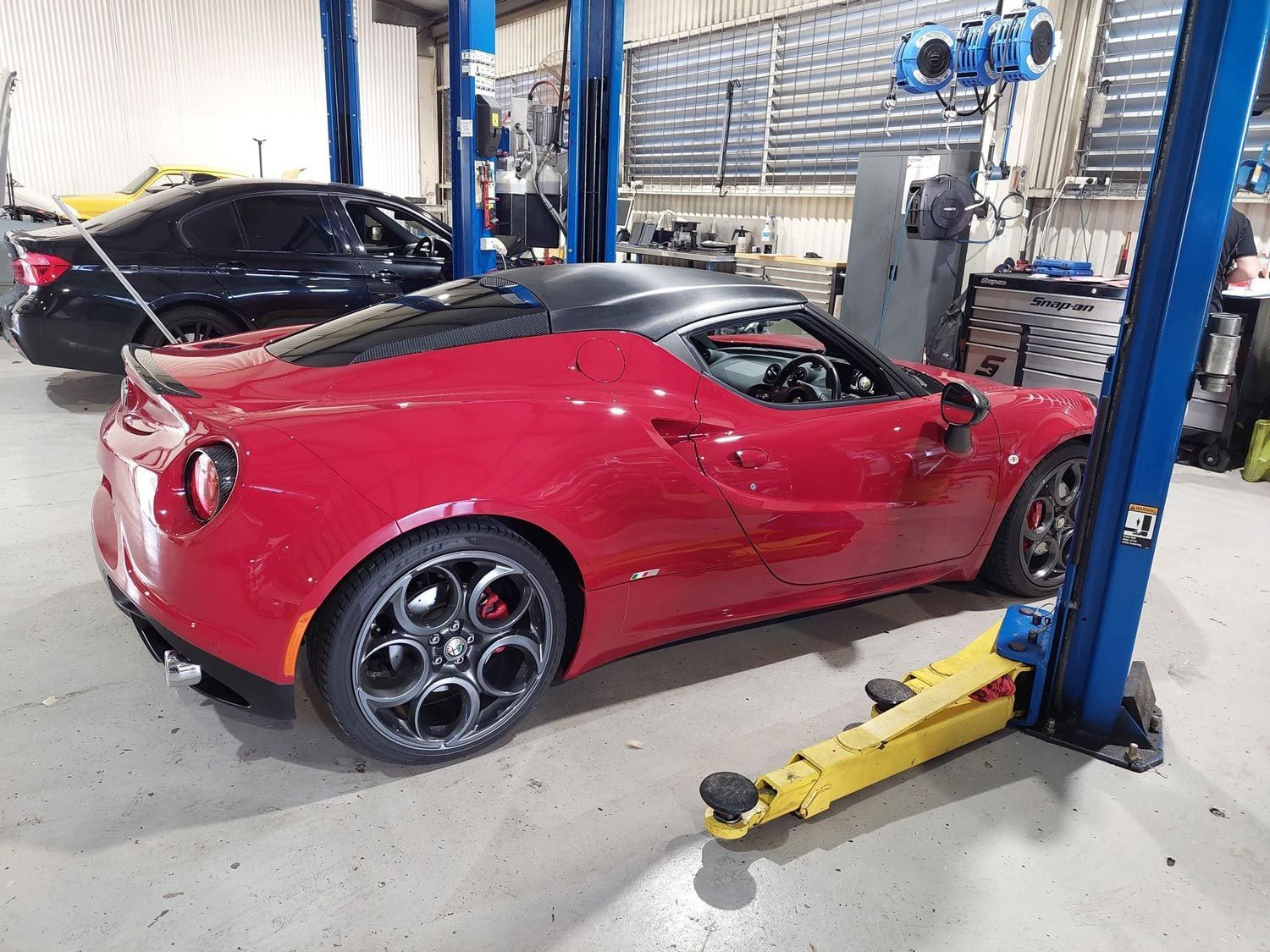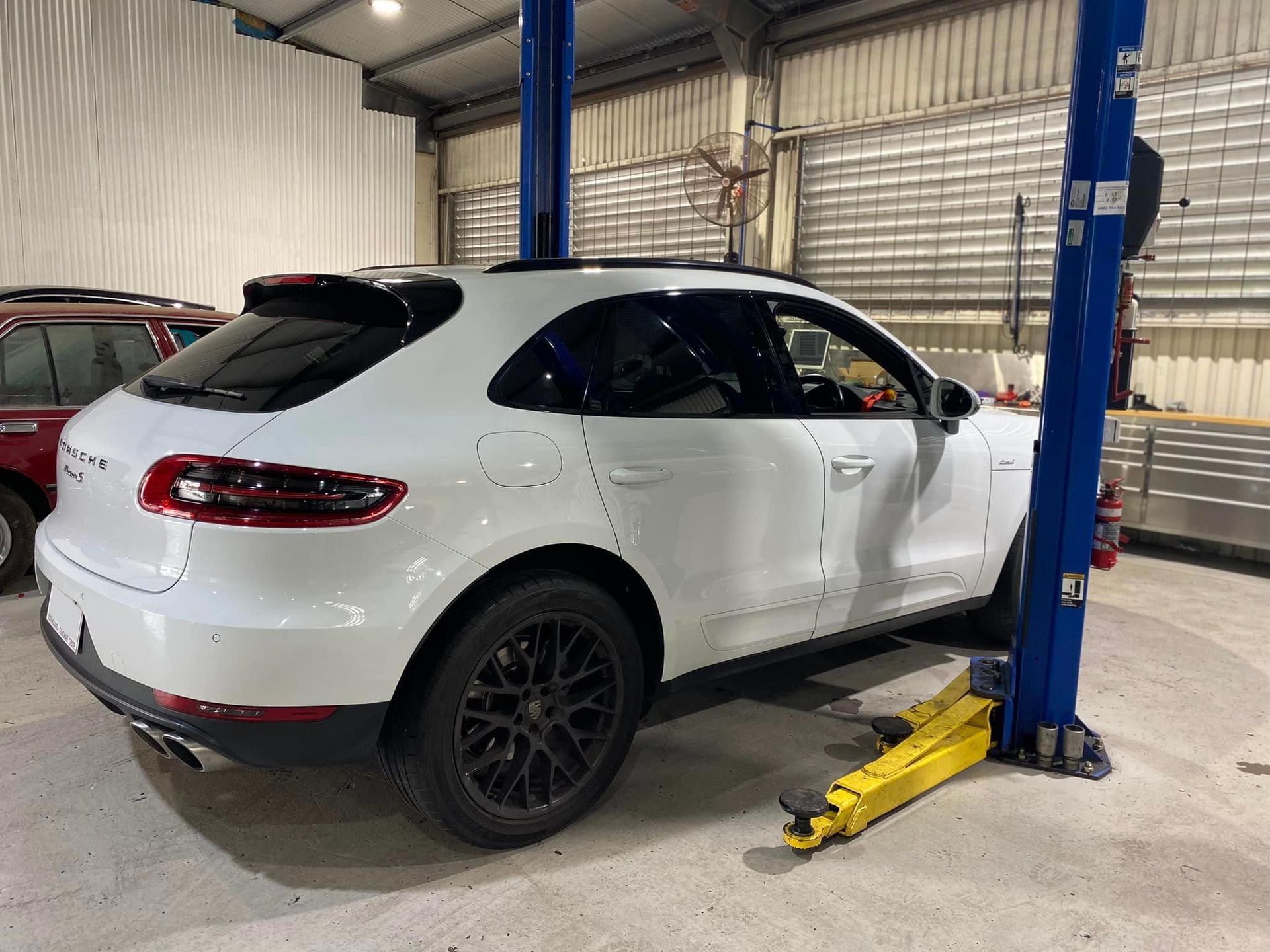How to Choose the Right Tyres for Sunshine Coast Driving
Choosing the right tyres is more than just a seasonal necessity—it's a matter of safety, performance, and economy. Whether you're a European car enthusiast, an automotive technician, or someone who enjoys a weekend drive along the coast, tyre selection directly affects how your vehicle handles the unique conditions of the Sunshine Coast. With its mix of hot summers, coastal roads, wet-season storms, and hilly hinterlands, finding the right rubber for your wheels can feel like navigating a maze. But with the right approach, it’s easy to match your tyres to the local terrain and your specific driving needs.
Understanding Your Local Driving Environment
The Sunshine Coast offers one of Australia’s most varied driving experiences. Your tyres must keep up with everything from flat city roads and meandering hinterland routes to sand tracks near the beach.
- High humidity & salt-laden air: These factors can accelerate tyre wear and degrade rubber over time.
- Coastal & urban driving: Many drivers frequently switch between city commuting and weekend beach trips, which places different demands on tyre grip and tread.
- Sudden weather shifts: Summer storms and heavy downpours can create slick road surfaces that require reliable wet-weather traction.
The Impact of Seasonal Changes on Tyre Choice
The Sunshine Coast's subtropical climate brings intense sunshine and sudden rain, often in the same week. This temperature and moisture fluctuation affects tyre performance throughout the year.
- Summer: High temperatures soften rubber compounds, so heat-resistant tyres prevent excess wear and blowouts.
- Wet season: Deep tread patterns and water-channelling grooves are essential for avoiding aquaplaning during heavy rain.
- Winter: While mild, drier conditions mean you might benefit from longer-lasting all-season tyres that maintain grip without sacrificing efficiency.
Opting for seasonally suitable tyres improves handling, braking, fuel economy, and lifespan.
Choosing Tyres Based on Road Type & Usage
The right tyres depend on how and where you drive. Road conditions vary; your tyres must handle everything from city streets to unsealed tracks.
Low-noise tyres with good fuel economy and grip are ideal for city driving. Highway travellers benefit from harder compounds that reduce rolling resistance and last longer. If your weekends take you off-road or to sandy areas, all-terrain options with reinforced sidewalls and deeper tread are a better fit.
Match your tyres to your driving:
- City streets: Touring or all-season tyres for comfort and efficiency.
- Highways: Low-rolling-resistance tyres for long-distance durability.
- Sandy or coastal areas: Good drainage and salt-resistant rubber.
- Unsealed or rural roads: All-terrain tyres for grip and durability.
Choosing tyres suited to your regular routes boosts safety, handling, and lifespan.
Why European Cars Need Special Tyre Consideration
European vehicles often come with performance-tuned suspensions and tighter chassis dynamics. Tyre specifications aren’t just a guideline—they’re critical to maintaining safety and manufacturer-recommended handling characteristics.
- Speed ratings and load indexes: These must match your vehicle’s requirements, especially in high-performance models.
- Tyre width and profile: Affect how the vehicle corners, brakes, and accelerates.
- Run-flat compatibility: Common in many European makes, these require specially reinforced tyres.
Wet Weather & Coastal Driving: Grip Matters
Wet roads and coastal moisture present a hidden danger to everyday driving. Loss of grip in the rain is a common cause of accidents, often due to worn or inappropriate tyres.
Wet Traction
- Channels and grooves should actively displace water to prevent hydroplaning.
- Softer rubber compounds help grip wet surfaces but wear faster in heat—balancing this is key.
- Tyres with asymmetrical tread patterns often provide superior wet-road stability.
Salt Resistance
- Salt from coastal roads can deteriorate tyre compounds and corrode steel belts over time.
- Choose tyres with silica-enriched rubber or anti-oxidising additives for longer life.
- Regular rinsing and tyre maintenance reduce long-term salt damage.
Choosing grip-enhancing and salt-tolerant tyres is essential for drivers, especially those who live near the ocean or take frequent trips to the beach.
How a European Car Mechanic Can Help You Decide
Selecting the right tyres for your vehicle isn’t just about size—it’s about ensuring they match your car’s engineering and your lifestyle. A European car mechanic offers insights beyond what a general tyre shop can provide.
- Custom-fit advice: Mechanics understand how tyre specs impact specific European models.
- Alignment & balancing: These services are critical after fitting new tyres to ensure even wear and optimal handling.
- Wheel inspections: Detecting damage from kerbs or potholes before fitting new tyres can save time and money in the long run.
Working with a specialist means your vehicle maintains its ride quality, braking distance, and factory-rated safety standards.
Don’t Forget Tyre Maintenance & Regular Checks
Choosing the right tyre is only part of the equation. Without regular maintenance, even the best tyres can become a liability. Maintaining optimal tyre health is especially vital for performance cars and coastal environments.
- Check tyre pressure every fortnight.
- Inspect tread depth monthly—replace if below 3mm.
- Rotate tyres every 10,000 km for even wear.
- Schedule wheel alignments annually or after any suspension work.
- Clean tyres regularly if you drive near saltwater or sand.
These checks help prevent blowouts, uneven wear, and poor fuel economy.
Upgrading for Performance or Comfort?
When upgrading tyres on your European car, the choice often comes down to performance or comfort. The right option depends on how and where you drive.
Performance tyres are built for sharper handling and better grip, which is ideal for sports-oriented vehicles and enthusiastic drivers. However, they can feel firmer and produce more road noise. Comfort tyres, by contrast, offer a quieter, smoother ride—perfect for daily commutes or long drives.
Go for performance tyres if you:
- Drive a sports or high-performance vehicle.
- Prioritise handling and braking responsiveness.
- Frequently travel on winding or fast roads.
Choose comfort tyres if you:
- Mostly drive in urban or suburban areas
- Prefer a quiet, cushioned ride
- Value fuel efficiency and longer tyre life
Before deciding, consider your driving habits and get advice from a European car specialist to ensure a good match for your vehicle.
Book Your Next Car Service on the Sunshine Coast with Us
At SVS Autocare, we focus on European car servicing and help drivers make smart, safe tyre choices. Whether you're unsure which tyre brand is right for your vehicle or need expert advice on load ratings and wheel alignment, our European car mechanics on the Sunshine Coast are ready to assist. Give us a call or book a consultation through our contact page.


